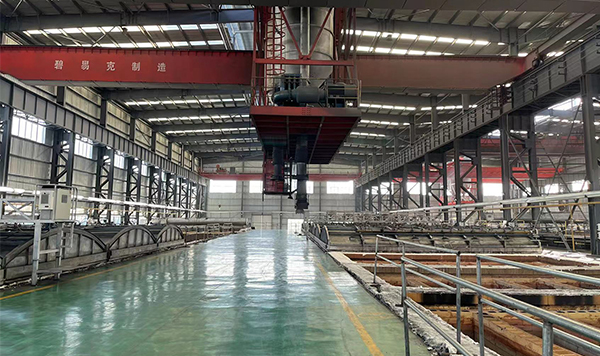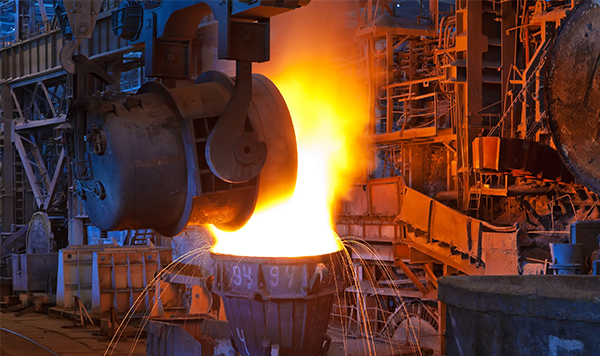Graphite electrodes are essential components in modern industries, particularly in steelmaking and other high-temperature applications. Their unique properties and versatility make them indispensable for businesses and industries worldwide. This article explores the key reasons why graphite electrode products are so widely used and trusted.
Exceptional Thermal Conductivity
One of the most notable characteristics of graphite electrodes is their superior thermal conductivity. They can withstand and efficiently transfer extreme levels of heat, which is essential in processes such as electric arc furnace (EAF) steel production. In this process, temperatures can reach up to 3,000°C, and graphite electrodes ensure that the energy required for melting scrap steel is effectively delivered.
High Strength and Durability
Graphite electrodes are engineered to endure harsh operating conditions, including high temperatures and mechanical stress. Their high strength and resilience against thermal shock make them a preferred choice in demanding industrial environments. Unlike many other materials, graphite does not easily deform, crack, or degrade under intense conditions, ensuring reliable performance over time.
Electrical Conductivity
Graphite electrodes have exceptional electrical conductivity, making them the ideal material for transmitting the substantial currents required in electric arc furnaces and other metallurgical processes. This feature allows industries to achieve energy efficiency and maintain consistent production rates, which is critical for large-scale operations.
Versatility in Applications
Beyond steel production, graphite electrodes are used in a variety of industries. For example:
Silicon and Ferroalloy Production:The electrodes facilitate the high temperatures necessary for the production of silicon metal and various ferroalloys.
Chemical Industry: Graphite electrodes are employed in processes such as electrolysis and in the manufacturing of certain chemicals.
Energy Storage: Graphite materials play a crucial role in the production of batteries and energy storage systems.
This versatility makes graphite electrodes an integral part of many industrial processes beyond their traditional applications.
Cost Efficiency and Sustainability
Although the initial investment in graphite electrodes can be significant, their durability and efficiency lead to cost savings in the long run. Furthermore, graphite electrodes contribute to sustainability. In electric arc furnace steelmaking, for instance, recycled steel is used as a primary input, aligning with global efforts to reduce environmental impact.
Lightweight and Easy to Handle
Compared to other high-performance materials, graphite electrodes are relatively lightweight. This feature simplifies transportation, installation, and handling, which is especially important in industries that rely on large-scale equipment and complex operations.
Consistent Quality and Availability
Manufacturers of graphite electrodes adhere to strict quality standards to ensure consistency and reliability. Advances in production technology have also made it possible to meet growing global demand, ensuring that industries have access to high-quality electrodes whenever needed.
Conclusion
The widespread use of graphite electrode products is driven by their unique combination of thermal conductivity, strength, electrical efficiency, and versatility. They are indispensable in steelmaking, chemical production, energy storage, and other industrial applications. As industries continue to evolve, the demand for high-quality graphite electrodes is likely to grow, making them a cornerstone of modern industrial processes.
For businesses seeking reliable, efficient, and sustainable solutions, graphite electrodes remain a superior choice. By leveraging the exceptional properties of these products, industries can enhance performance, reduce costs, and achieve their operational goals effectively.







